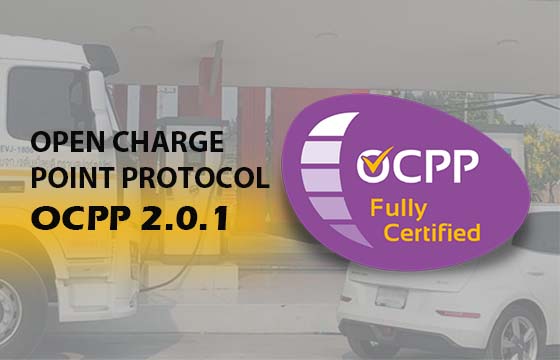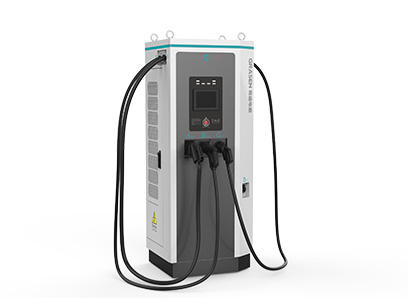Time:
Open communication standards are essential to the advancement of electric vehicle (EV) charging infrastructure. Without them, the market can become fragmented, with proprietary protocols hindering the growth of the EV charging infrastructure. This is where the Open Charge Alliance (OCA) comes in, promoting more open standards and fostering interoperability between hardware and software providers.

One of the key drivers in this area is the Open Charge Point Protocol (OCPP), which is used to connect charging stations with software management solutions. As the market for EVs continues to expand, CPOs need to understand the importance of connecting their charging stations to software systems for efficient management.

The latest version of OCPP, OCPP 2.0.1, has been developed through collaboration between industry experts to ensure that the protocol meets the evolving needs of the market. The advanced functionalities make it better suited for large-scale charging networks. Some of the new features include:
The protocol enables inventory reporting, enhances error and state reporting, and improves configuration. Additionally, the customization feature permits operators to decide the extent of information they want to monitor and collect. This new development has made managing charging stations more efficient and effective.
OCPP 2.0.1 has introduced improved transaction handling. CPOs managing multiple stations and transactions will benefit from the unified structure and method for reporting transactions, which reduces the amount of data needed. (In earlier versions, transaction data reporting was spread across various messages.)
Ensuring a secure communication channel between EV charging management systems and charging stations is crucial for safety. While previous protocols required VPN connections for encryption, new protocols now encrypt data packets at the protocol level, eliminating the need for VPNs or third-party intermediaries.
Additionally, new security profiles offer authentication, secure firmware updates, security logging, and security event log notifications, all of which help to rev up the level of safety.
Allow for more precise communication between EVs and charging management systems. Unlike previous versions, where State of Charge (SoC) was the only data exchange available, EVs can now communicate the requested energy amount in kilowatt-hours (kWh).
This development enables charging management systems to manage the EV charging output more efficiently, making it more secure and grid-friendly. The introduction of this feature will lead to a more convenient charging experience for EVs.
OCPP 2.0.1 has native integration with ISO 15118, allowing for new features and more secure communication between EVSE and EV. The newly added features are:
OCPP 2.0.1 gives charge point operators the possibility to configure messages from their EV charging management platform that can be displayed to drivers at the charging stations.
For example, displays messages of the applicable tariff before a driver starts charging, shows the running cost during a charging transaction, and the final total cost.
OCPP compliance for EV charging hardware and software is becoming inevitable due to the growing requirements for interoperability.
So our EV chargers and charging management software strictly follow OCPP. This way we can ensure a future-proof charging solution for charging station operators and EV drivers.
If you want to learn more about OCPP, please check "Basics about OCPP and its Functions in EV Charging". Or you can contact us now for a FREE consultation!

Three Plugs AC DC Combo Charger
Submit Request